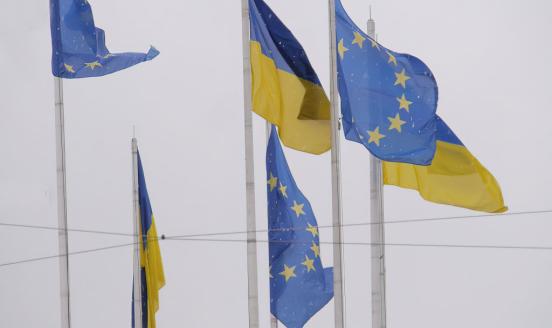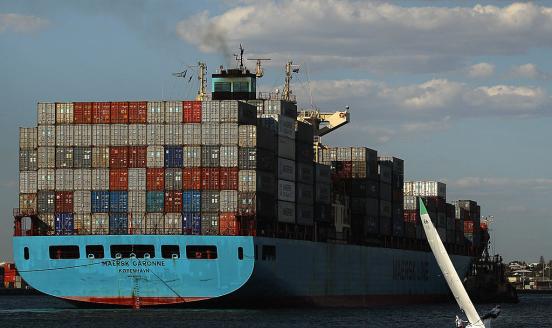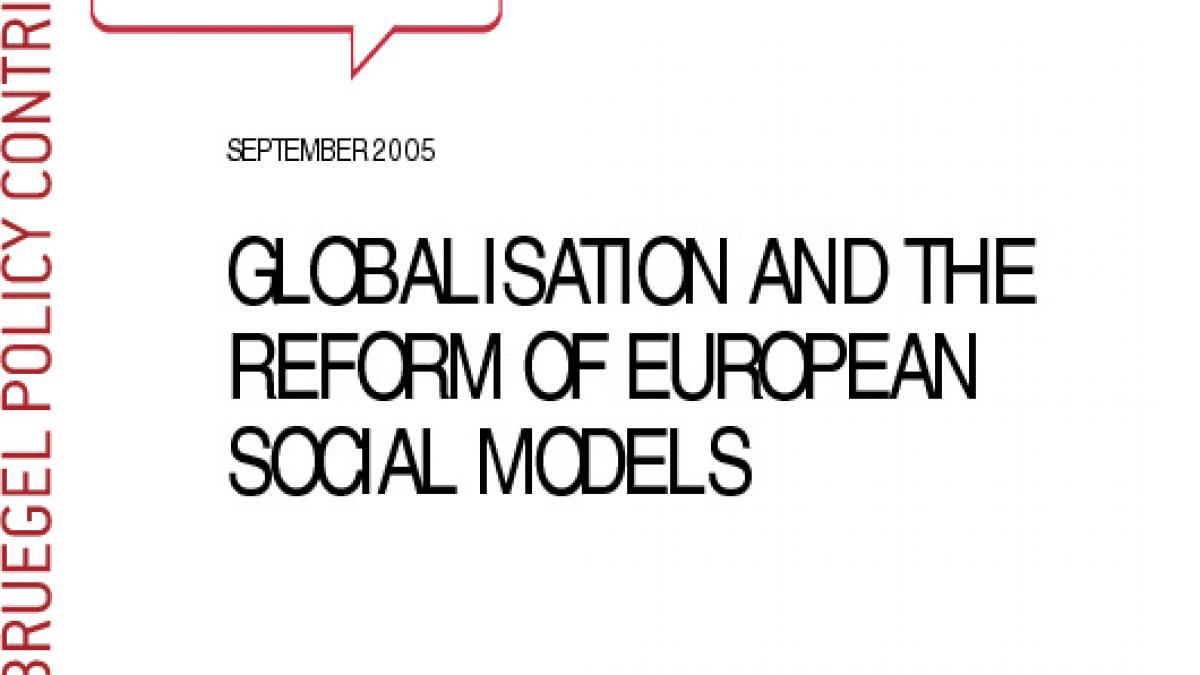- / Home
- / Publications
This Policy Contribution by André Sapir was presented to the ECOFIN informal meeting in Manchester. See also the Policy Brief based on this paper.
About the authors
-
André Sapir
André Sapir, a Belgian citizen, is a Senior fellow at Bruegel. He is also University Professor at the Université libre de Bruxelles (ULB) and Research fellow of the London-based Centre for Economic Policy Research.
Between 1990 and 2004, he worked for the European Commission, first as Economic Advisor to the Director-General for Economic and Financial Affairs, and then as Principal Economic Advisor to President Prodi, also heading his Economic Advisory Group. In 2004, he published 'An Agenda for a Growing Europe', a report to the president of the Commission by a group of independent experts that is known as the Sapir report. After leaving the Commission, he first served as External Member of President Barroso’s Economic Advisory Group and then as Member of the General Board (and Chair of the Advisory Scientific Committee) of the European Systemic Risk Board based at the European Central Bank in Frankfurt.
André has written extensively on European integration, international trade and globalisation. He holds a PhD in economics from the Johns Hopkins University in Baltimore, where he worked under the supervision of Béla Balassa. He was elected Member of the Academia Europaea and of the Royal Academy of Belgium for Science and the Arts.
- Theme
- Global economy and trade
- Keyword
- european monetary union
- Language
- English
Related content

Making the most of Europe’s anti-subsidy probe into Chinese electric vehicles
The EU anti-subsidy investigation into EVs from China is a reminder of the need for a new EU green industrial policy strategy.

The impact on the European Union of Ukraine’s potential future accession
This report evaluates the impact on the EU of a possible EU accession of Ukraine, focusing on economic consequences and institutional developments.

Ukraine’s path to European Union membership and its long-term implications
The war complicates the accession process, but Ukraine can work progressively towards meeting the entry conditions

The reason for the European Union-Australia trade negotiation hiccup
Though trade talks have fallen through for now, the EU and Australia have long-term common interests in an eventual restart
